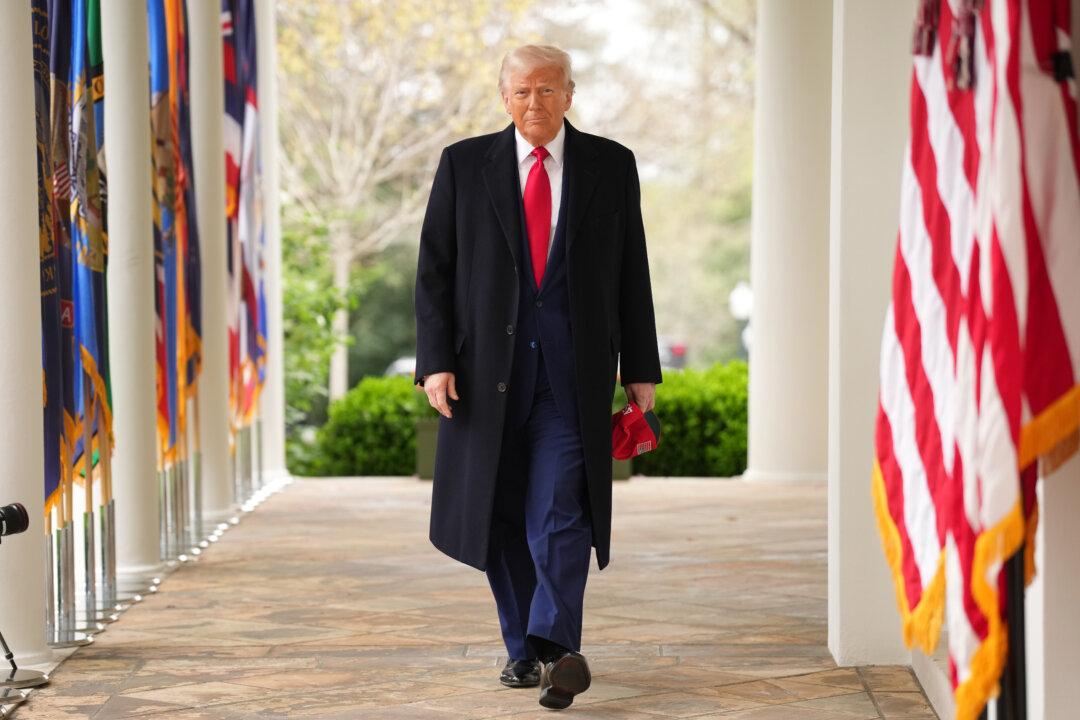ANZ Bank predicts the Reserve Bank of Australia (RBA) will cut interest rates three times in 2025.
This comes after Trump imposed universal reciprocal tariffs globally, including a 10 percent tariff on imports from Australia.

ANZ Bank predicts the Reserve Bank of Australia (RBA) will cut interest rates three times in 2025.
This comes after Trump imposed universal reciprocal tariffs globally, including a 10 percent tariff on imports from Australia.